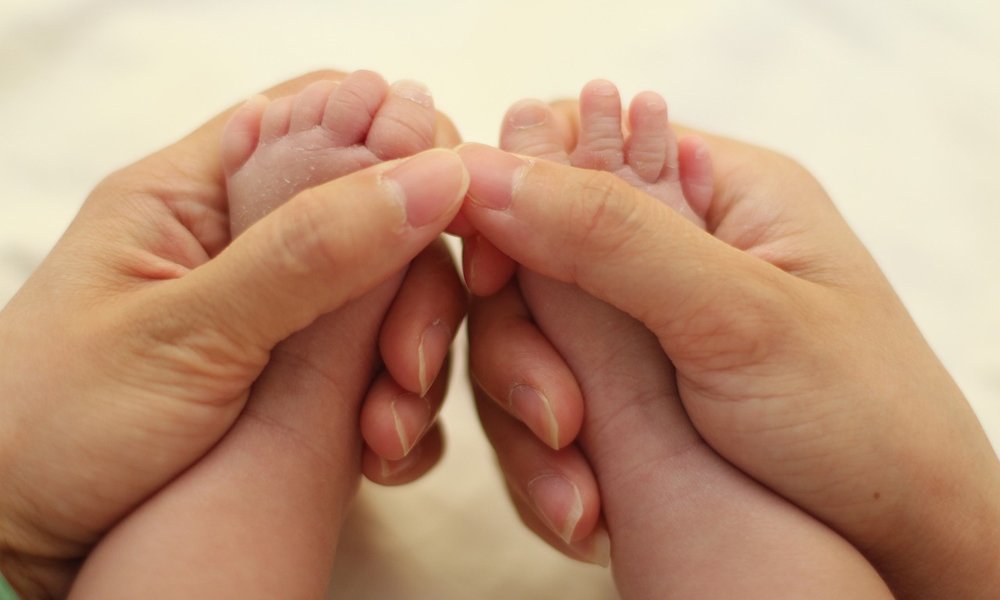Introduction to Flexible Spending Accounts (FSA)
Flexible Spending Accounts (FSA) represent a pivotal aspect of modern financial planning, especially for working parents. Conceptualized as a tax-advantaged tool, FSAs are designed to alleviate the financial burden associated with healthcare expenses. Through an FSA, employees can allocate a portion of their earnings, pre-tax, towards anticipated health-related costs. This mechanism reduces taxable income and enhances the purchasing power for medical necessities.
For new parents, in particular, the potential benefits of an FSA are substantial. The early years of parenthood are often accompanied by an array of expenses, from pediatric visits to childcare products. Herein lies the criticality of understanding the scope and limitations of FSAs. By comprehending what expenses are covered, parents can make informed decisions, effectively balancing their financial resources against the needs of their growing family.
Understanding FSA Eligible Expenses
Eligible expenses under an FSA are broadly defined yet tightly regulated. These expenses pertain to medical, dental, and vision care, which are not otherwise compensated by insurance. The Internal Revenue Service (IRS) plays a pivotal role in delineating these expenses, emphasizing their necessity for preventing or treating a physical or mental ailment.
Typically, these expenses include treatments and items like prescription medications, orthodontic care, and eyewear. The underlying principle for eligibility hinges on the medical necessity of the expense. This criterion is crucial in determining the applicability of FSA funds. Understanding this subtlety is a matter of fiscal prudence and essential for navigating the intricacies of health-related expenses under an FSA.
Baby-Windeln: A Necessity for New Parents
The indispensability of diapers in the realm of childcare cannot be overstated. For new parents, diapers are not just a routine purchase; they are a fundamental component of their child’s daily care. The financial impact of diaper purchases is significant, with estimates suggesting that a typical family spends a considerable sum on diapers alone in the first few years of a child’s life.
The importance of diapers extends beyond mere functionality. They are integral to the health and hygiene of infants and toddlers, playing a critical role in preventing discomfort and health complications. This necessity, juxtaposed with the financial strain it can impose, sets the stage for a critical discussion: the potential eligibility of diapers under an FSA.
The Eligibility Criteria for FSA
The eligibility of expenses under an FSA hinges on specific criteria established by the IRS. Paramount among these is the requirement that the expense be primarily for preventing or alleviating a physical or mental defect or illness. Additionally, these expenses must not be reimbursed through insurance or other means.
For childcare-related expenses, the criteria take on added dimensions. The IRS considers the unique needs of dependents, which, in this context, includes children. Understanding these criteria is not just about compliance; it’s about optimizing the utility of an FSA for a family’s unique healthcare needs.
Does FSA cover Baby Diapers?
At the heart of this discussion is the eligibility of Babywindeln under FSA. As dictated by the IRS, the current regulatory landscape generally does not categorize baby diapers as a medically necessary item for healthy infants, thus excluding them from FSA eligibility. However, there are nuances and exceptions. For instance, in cases where diapers are prescribed for a medical condition, they may qualify for FSA reimbursement.
This section of the article delves into the intricacies of these regulations, shedding light on the circumstances under which baby diapers could be considered an eligible expense. This is critical information for parents seeking to maximize their FSA benefits while ensuring the best care for their children.
Navigating FSA for Childcare Products
Navigating the complexities of FSA for childcare products demands a strategic approach. Parents must first ascertain the eligibility of products like baby diapers by consulting the latest IRS guidelines and potentially seeking advice from FSA administrators. This process involves understanding the fine print of FSA regulations and applying them to childcare products.
The article provides practical tips for parents on effectively determining eligibility and offers insights on leveraging FSA for maximum benefit. This guidance is aimed at demystifying the process and helping parents make informed decisions about using their FSA funds for childcare needs.
Alternative FSA Eligible Items for Babies
Parents must be aware of other eligible baby-related items if the FSA does not cover baby diapers. This section provides a comprehensive list of such items, including medical care products, prescribed ointments, and certain types of baby formula.
The focus here is on listing eligible items and guiding parents to discern and choose the right products. This ensures that they also make the most of their FSA funds while providing for their child’s needs.
Maximizing Your FSA Benefits
Maximizing the benefits of an FSA requires more than just an understanding of eligible expenses; it demands a strategic approach to healthcare expenditure. This part of the article offers actionable strategies for effective FSA utilization. These include planning for predictable expenses, staying updated on regulation changes, and avoiding common pitfalls like underutilization or misallocation of funds.
The goal here is to empower parents with strategies and knowledge that enable them to fully harness the potential of their FSA, thereby optimizing their financial resources for their family’s healthcare needs.
Recent Changes and Updates in FSA Regulations
The landscape of FSA regulations is not static; it evolves in response to legislative changes and societal needs. Recent updates to these regulations, particularly those affecting childcare products, can substantially impact what items are considered eligible under FSA.
This section reviews the latest changes in FSA regulations, examining their implications for baby care products, including diapers. It also looks ahead, offering insights into potential future adjustments and how they might affect families relying on FSA for childcare expenses.
Are baby diapers FSA eligible? In conclusion, whether baby diapers are eligible for FSA reimbursement is nuanced. While generally not covered for healthy infants, exceptions exist for specific medical circumstances. This article has outlined the critical aspects of FSA, from understanding eligible expenses to navigating the system for childcare products, and provided strategies for maximizing FSA benefits.
For parents, the key takeaway is the importance of staying informed and proactive about FSA regulations. By doing so, they can ensure that they make the best possible financial decisions for their family’s healthcare needs, optimize the benefits offered by FSAs, and effectively manage the costs associated with raising a child.

